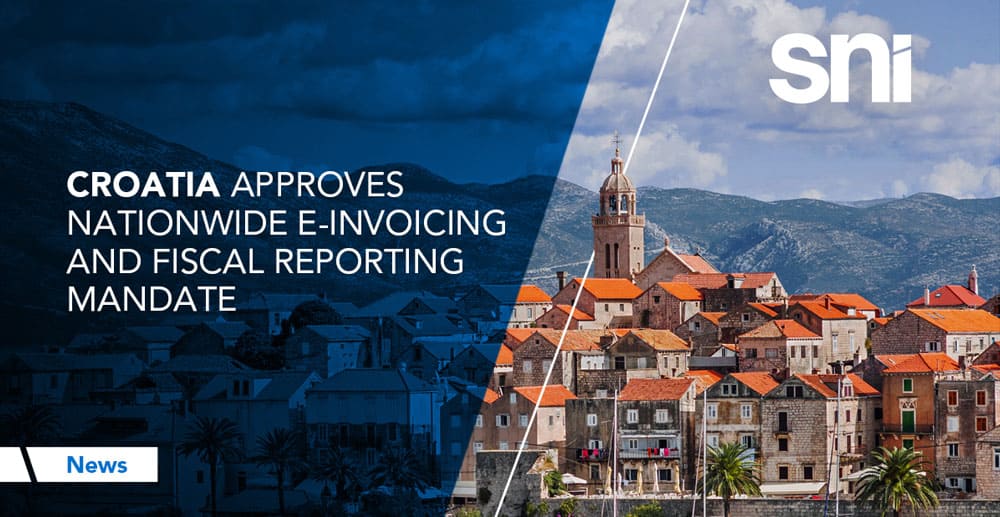
Norway has so far required electronic invoicing only for transactions with public sector entities (B2G), while digital bookkeeping and e-invoicing between private businesses (B2B)








SNI © 2024 All Rights Reserved.